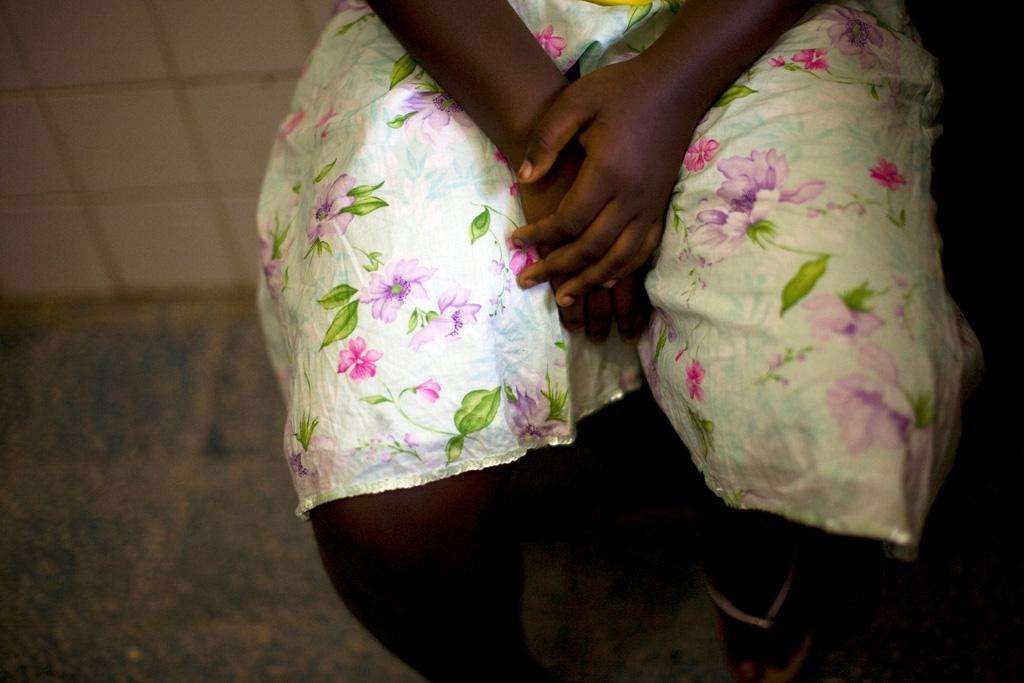Children greatest victims of sexual violence in war zones, new report says (VIDEO)
A 15-year-old girl seeks treatment at Doctors Without Boarders (MSF) clinic in Monrovia, Liberia, on November 30, 2009 after being raped.
NAIROBI, Kenya — Nearly all victims of sexual violence in conflict zones are younger than 17, Save the Children said this week, adding that it likely doesn’t know the full extent of the problem.
The UK-based children’s charity issued a report called Unspeakable Crimes against Children that collected information from conflicts in Colombia, Liberia and the Democratic Republic of Congo over the last decade. It paints a horrific picture of sexual violence and rape in which a disproportionate number of victims are teenagers and children, both girls and boys.
It talks about Liberia, a country still recovering from a civil war that ended a decade ago; yet, more than 80 percent of victims of gender-based violence in 2011-12 were younger than 17. Almost all of them were raped, the report says.
“It is shocking that in conflict zones around the world, children are being raped and abused at such an appalling rate,” Justin Forsyth, Save the Children’s chief executive said. “Sexual violence is one of the hidden horrors of war and the damage it wreaks ruins lives.”
It’s not just soldiers or those fighting the conflicts that are perpetrating the violence, Save the Children adds. The report found teachers, religious leaders, peacekeepers, and family members all took advantage of chaos to carry out sexual violence against children.
The report is timed to coincide with a meeting of the G8 foreign ministers in London this week, when sexual violence in warfare will be up for discussion under the UK's presidency. Save The Children hopes the report will pressure the world's rich nations to put their weight behind ending rape in conflicts as well as better funding programmes to look after victims and help them recover.
The organization cites research that shows the world is only spending about 25 percent of money needed to end sexual violence against children in war zones.
Save the Children’s report comes out as UNICEF released its own findings about child well-being in rich countries.
UNICEF ranked 29 developed countries according to the overall well-being of their children with the Netherlands at the top followed by Finland, Iceland, Norway and Sweden.
It ranked those countries on five categories (material well-being, health and safety, education, behavior and risk, and housing).
The bottom four places in the table are occupied by three of the poorest countries in the survey — Latvia, Lithuania and Romania — and by one of the richest, the United States.
More from GlobalPost: Syrian conflict exacts heavy toll on women
Every day, reporters and producers at The World are hard at work bringing you human-centered news from across the globe. But we can’t do it without you. We need your support to ensure we can continue this work for another year.
Make a gift today, and you’ll help us unlock a matching gift of $67,000!
